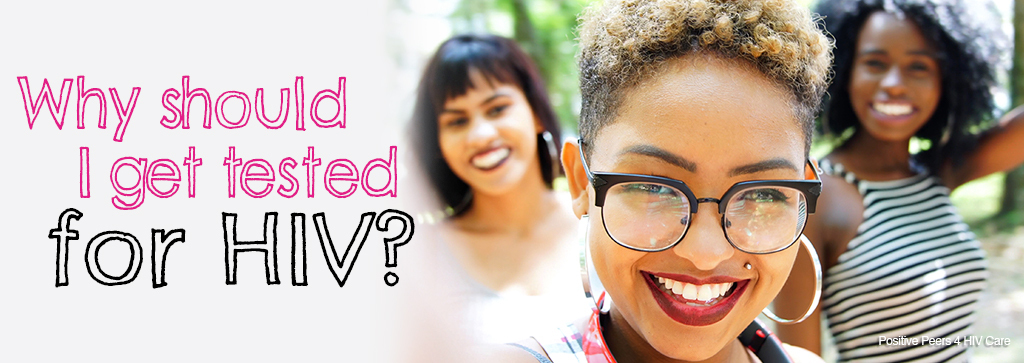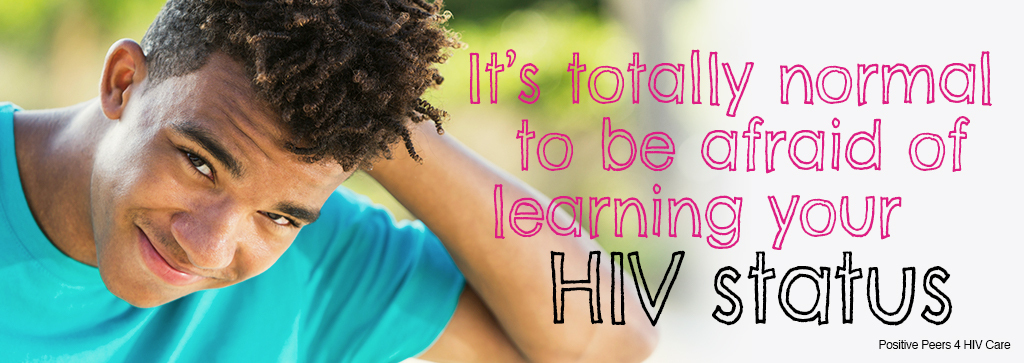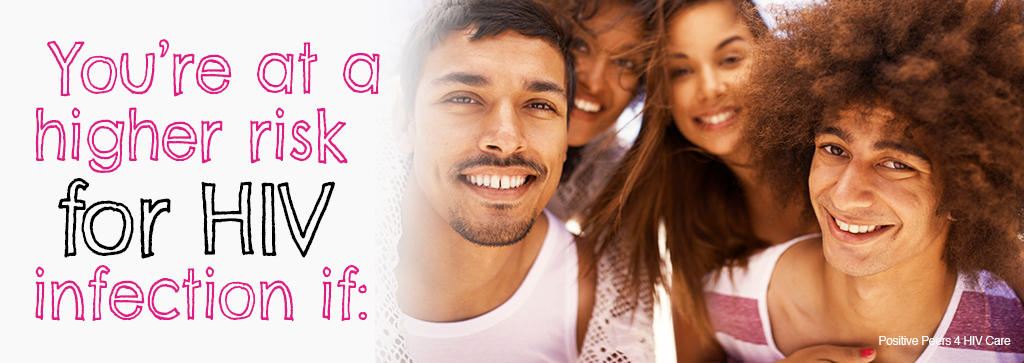
By: Ann K. Avery, MD, Infectious Disease Physician at MetroHealth Medical Center
We know, the thought of testing for HIV can be scary. And you probably don’t think you need to get tested, either. Well, that’s not true. Everyone should get tested at least once in their lifetime.
And the good news if you test positive: you can fight it if HIV happens to be in your blood.
You can still live a full, amazing, sex-filled life with HIV. And if the virus is detected early enough and you stay on the meds your doctor prescribes, you can stay healthy and strong for decades! Doesn’t sound as terrible as you thought, right?
Meds also can dramatically reduce the quantity of HIV in your system (we call that “undetectable”), making it impossible for you to transmit HIV during sex, so undetectable = untransmittable (U=U).
But the only way to find out if you have HIV for sure is for you to get tested. Plain and simple.
Trust us when we say getting tested will give you peace of mind if you’re HIV-negative, and it will provide guidance on what you can do next if you test positive.
Getting tested is the only way to be 100% sure if you have HIV. Sometimes people don’t even think they’re at risk and it turns out they have HIV – so here’s what you need to know about risk:
You’re at a higher risk for HIV infection if:
- You’re a man or transwoman who has sex with men.
- You’ve shared needles while injecting drugs.
- You are a human being who has sex and sometimes doesn’t use condoms.
And get this – sometimes it isn’t even behavior that makes it more likely someone will test positive for HIV. Sometimes just who people are and their social determinants of health – like where they live and what their racial and economic background is – makes people more likely to test positive. There are racial disparities in HIV just like in other illnesses (like diabetes and asthma) in America. Did you know that if you are a white, gay man, your lifetime risk of contracting HIV is 1 in 11, if you’re a Latinx, gay man, your lifetime risk is 1 in 5 and if you’re a Black, gay man, your lifetime risk of contracting HIV is 1 in 2?!

It’s totally normal to be afraid of learning your HIV status. But think about any time you were afraid of something and how you looked that fear right in the face and told it to f*ck off! Why? Because you’re a badass taking control of YOUR life! You do it by facing your fears and learning to manage your risks.
Picture this: Your job is to speak publicly about a topic you know well in front of thousands of people. At first, you’d be frightened to speak in front of all of those people, worried about messing up your perfectly prepared speech. But after doing it a few times (and picturing the cutest audience member naked! *winky face emoji*), you realize that it’s actually not that bad!
Knowing what you’re dealing with is how you overcome any fear. This is especially true with HIV, and we are here to support and empower you to take control of your body and health because your life is important and valued.
Lots of people have unprotected sex and wake up the next morning wondering, “what should I do if my partner had HIV?” *worried face emoji*
And before they know it, their wondering turns to worry, worry turns to anxiety, anxiety turns to fear, and so forth. (BTW, if this ever happens to you – consider PEP – Post Exposure)
Don’t let fear hold you back.
Getting tested keeps this pattern of fear from taking over your life, and honey, it’s time to look fear right in the face and give it a suck-it! knuckle sandwich!
You might be thinking, “I keep putting off getting tested. What if I find out I’ve got AIDS?”
Well, even if your HIV infection has moved to the AIDS stage, there is a lot doctors can do to fight the disease and extend your life, so you can and will keep on living your best life! But those doctors can’t help you if you don’t know your HIV status.
HIV can be in your system up to 10 years before it progresses to AIDS if left untreated (if you take meds before then, your HIV may never, ever turn into AIDS). HIV/AIDS is much more treatable than you may think. And no matter how long you’ve put it off, it’s still better to get tested.
It’s helpful to remember there are just four bodily fluids you can come into contact with that could expose you to HIV:
- Blood
- Semen (cum)
- Vaginal secretions
- Breast Milk
And there are only 3 ways people can be infected with HIV:
- Sex (Without a condom, anal sex is riskiest, followed by vaginal, then oral)
- Sharing needles
- An HIV+ mom can pass HIV along to her baby, but this is extremely unlikely if mom is getting HIV care. We help positive mamas give birth to healthy babies every year at MetroHealth.
Fact: If none of these things happen, you can’t become HIV-positive.
If you think there’s even a remote chance you could have been exposed to HIV, why not find out? We are here for you every step of the way, so face your fear with grit and a grin! Because the only way to find out is to get tested, honey!
More Blogs:



